Roots-Rock artist Adrian Sutherland is building on his solo work by following Juno Award-nominated debut album When The Magic Hits with a new collection called Precious Diamonds. While his first solo album necessitated the building of a studio in his home in the Attawapiskat First Nation of Northern Canada to write and record, for Precious Diamonds, Sutherland was able to use his studio for writing and then record in-person in Nashville with Producer Colin Linden. Sutherland, who is an Indigenous artist, feels this dynamic enabled him to spend more time with the individual tracks, while also expanding his musical horizons by writing two songs in his first language, Omushkegowuk Cree.
The first song released from the album, “Notawe,” is a dedication to Sutherland’s father and was accompanied by a live-play video, clearly setting the tone for the personal aspects of this new collection of songs. Now, the songs “Precious” and “Diamonds” are also on their way, suggesting the scope of the ideas on the album and the inclusive tone that Sutherland has cultivated. Today Glide is excited to premiere both of these songs side by side. By delving deeper into his own identity as a songwriter, Sutherland has found a way to speak more universally even while sharing observations from his daily life and the lives of those who inspire him. I spoke with Adrian Sutherland about the context for making Precious Diamonds and what he hopes to express with these two newly revealed tracks. Since I am a Native American writer, it was a particular honor for me to hear from Adrian Sutherland about his life and experiences.
Hannah Means-Shannon: I understand that you had worked with Colin Linden before on your previous album, but weren’t able to be together in person. But for this album, you all were able to get together.
Adrian Sutherland: Yes, we worked at his studio at his home in Nashville, Pinhead Records. It’s a beautiful spot with a nice setup. He’s been building that studio over the years. He’s done a wonderful job with the album, too.
How did you and Colin come to work together originally?
We met in 2019, before Covid. I ended up opening for his band, Rodeo Kings, solo. We immediately felt like we would like to work with each other on a possible album. We talked about it on that tour, and that led to us committing to it. At the time, with Covid, it became clear that I couldn’t travel down there as planned to record my first solo album. I know a lot of artists were in a similar boat, trying to continue to create in their own spaces where they could continue to work on their song creations. I knew I had to get a studio set up. We started planning to build a studio, and I did that before winter. We would be on Zoom calls where we were recording almost in real time. It was like I was in a booth, and he was in a control room, even though we weren’t in person.
I know a lot of people who decided to make an album on their own during Covid, or decided to do their first solo work during Covid, but you were in a position of knowing you wanted to make a solo album, and then having to find a way to continue. It’s harder when it’s your first solo album, I think!
I know. The space I’m in now is a shipping container, it’s actually a 40-foot sea container. It’s really comfortable. The winters get really cold up here. The first winter was a little bit challenging because I had frost actually driving through from the outside. I’d have frost on the walls. I dealt with that and we don’t have that anymore. There were some challenges, but I knew that for me it was really important to have a space where I could continue to create, and continue to stay engaged. There had been a lot of opportunities for me before Covid, but during that time, about 90% of those opportunities slipped away. I was able to keep that one opportunity that was probably the most important. And that was something that really paid off for me.
Is it possible that your determination, and also the fact that you stayed in your home location, influenced the music itself on your first album When The Magic Hits? I know that locality and where you’re from is very important to you.
Yes, I think so, too. I agree with you. For me, I know that I just have to be myself and peel back all the layers. People had been trying to polish me up for years and create a certain image and a certain sound. There is so much pressure being put on artists today to make music, produce music, and put out a certain image. Sometimes the media can be a little overwhelming.
As an artist, I’ve always felt the need to do all of it and go at it full-tilt, no matter how overwhelming it became. I wanted to give myself 150% to everything I was doing with what I was given. I wish I had more time and more tools to do even more, but I’m learning that we can only work with what we are given and we need to accept those things.
But on that record, I peeled everything back and was able to be myself. We went for a kind of rustic, out-of-the-woods type of sound, which really is who I am. I come from the Far North. I come from the bush and still live in the bush. It was a nice change to be able to focus on who I really was and sing about and talk about the things that I wanted to. We really captured that essence of who I was on that first album, and we really captured the visuals and imagery as well.
For the new album, Precious Diamonds, were these songs that you’d already written at some point, or did you consciously set out to write new songs for the collection? Was it written in the same way as When The Magic Hits?
Two or three of the new songs were collaborations and at least one of the songs had been around for a while that we decided to bring out of the vault. I had 14 or 15 songs written for this album and we went with the final 10 that resonated with both me and Colin. I think we had to be very thoughtful about how much time we had down there together. We would have loved to do all 14 songs since they were all very strong. We were only able to set aside enough time to do 10 songs, but we did it in 10 days and it was a good stretch of time. Colin did more work after I left, too.
A lot of it was similar to the way that I’ve written songs before, and I wrote most of the songs here, in this space. This time around, I was kind of able to be with the songs, get inside the songs, look around inside them, and see how they felt. I was able to sit with them for a lot longer this time around. I started writing over a year ago for this album. That was nice, too, because with previous records, it’s been a bit of a grind where you’re learning the songs the same day that you record them. This time around, I’d been able to be with the songs for quite a while.
I don’t know how to describe the album, exactly, but this one is so far ahead of what else I’ve done to date in terms of writing and songs. For me, the craft keeps going, and I keep learning as a songwriter. I’m continuing to grow and I’m able to draw on that well of creativity. There’s more and more starting to come out. I feel like I’m starting to flourish as a songwriter. I feel like I’m just skimming the surface right now, and there’s so much more there.
That’s a great place to be. I think it’s great how much you have to say in the songs I’ve heard so far. Maybe that’s related to how much time you said you were able to spend with the songs. I feel like what you want to convey is really apparent and coherent. The songs also seem very audience-aware, with a sense of outreach. Those things can be hard to combine.
The song “Precious”, for me, in a lot of ways, is about being oppressed. It’s about all the colonial policies that have been put on our people and continue to be put on our people. It’s about all the challenges that we face being a remote village in the far, far North when it comes to access to all the amenities that a lot of Canadians enjoy. There are a lot of luxuries that they take for granted, like access to dentists, eye care, and proper health care.
All of those things are always in the back of my mind when I’m writing. We also have so many mental health challenges here, too, as I know a lot of the world is facing. Those things affect my life and the people around me, and I feel and experience it every day. This album is really trying to tell those stories, writing from the ground up, trying to tell how I feel it, and how I experience it. Writing for those people who have affected my life is really what this album is about.
That line in “Precious”, “Whoah, now, Sinner,” is really about our oppressor. When you look at the world now and all that’s going on, it’s a tough place. For me, it keeps coming back to the fact that this land is precious, this place that we call home, this earth. It’s something that we must look after for our kids and grandkids. I think that’s a common interest that we have. Finding a way to do that is important, for me anyway.
When I was listening to it, I was thinking about the historical context, the past and the present, but now that we’re talking about it, I can see that it’s about the bigger picture, too, of the future of the planet. In some ways, this has always been on your mind as a songwriter, but why do you think you wrote this song at this time?
It was a collaboration, but I know the other writers are as white as can be. At the end of the day, the biggest thing Chris says he has to worry about is vacuuming and doing his dishes. He’s being modest since he has responsibilities with a young family, but he did not know about the issues that I faced. He’s always wanting to learn more about my life. The idea came from our conversations. The line, “If you want to put ‘em down, you’re going to have to put ‘em down, y’all.” That’s kind of like, not me preaching, but me trying to bring everyone along to a better place. I always do my best not to sound too preachy, but to share my culture and my worldviews.
I think that we all need someone or something to believe in. Without a belief system, a lot of us have lost our way. Without a belief system, we have nothing to draw on for strength when life throws a whole bunch of stuff at us. For me, I’ve been fortunate to have an entire belief system behind me, my spirituality, and being in ceremonies that my grandparents participated in. Being able to still have those things coming from an ancient time is very special to me, and not everyone has that. I’m not saying that I’m better than everyone, but feel very fortunate to have been born into the place and the culture that I’ve been born into, even though it’s been very tough. I know there are a lot of people out there who have it way worse than I do, though, who are struggling to retain their language and their lands.
Something about the song that really impressed me was that the stance and the vocal delivery has a kind of quietness to it. That’s even more effective than being preachy, as you were saying. That also reminds me of Blues music and Protest music, and other music that draws from a lot of suffering. Often that’s true of songs that carry heavy meanings.
It’s such a weird riff in that song, that I find it hard to play and also sing on top of it. But you hear the chanting, and that was me trying to find different ways of doing things. The chanting comes in four times if I’m not mistaken. There’s a point in the song where it really jumps out at you, and to me, that’s such a powerful moment. You’re waiting for the song to get bigger and louder, and it actually does, but it only gets to a certain point, and the energy kind of holds. You want it to get louder and rowdier, but we reach that nice place and hold it.
For me, that’s the best part of the song. It gives me chills. It’s that spirit in the song, and our spirit or soul reacting to the spirit of the song. We somehow gave that song a spirit, and that’s what people who hear the song will hear. It’s the spirit of the song. Music can have spirit. That’s something special and even otherworldly. That song certainly has its own life and spirit.
“Diamonds” is a very different song, but I see the album title is Precious Diamonds and I see how these two songs are kind of two wings of the same thing. “Diamonds” shows an awareness of a lot of the world situation, with fears and doubts, but it seems like a helpful realization about yourself is also a realization about others.
That whole idea of being diamonds made from the sun is about being here today, gone tomorrow. It seems like just a millisecond if you look at the span of time and history. I’ll be 50 in a few years and it goes by so quickly. I heard an elder speak, and he was in his 80s, and said the same thing. It’s the blink of an eye. Life goes by so quickly. We’re all the same when you really look at that. We’re programmed to see different colors when we look at races, but when we look inside, it’s all the same.
We come from the same natural laws, we have a genetic makeup like the plants and the trees. For me, that’s really what this song means. We have our own way of shining in this world. We come with our own gifts and our unique circumstances, and life’s about what we make of that. We all come from the same place, though, and I think that’s what this song means for me, deep down.

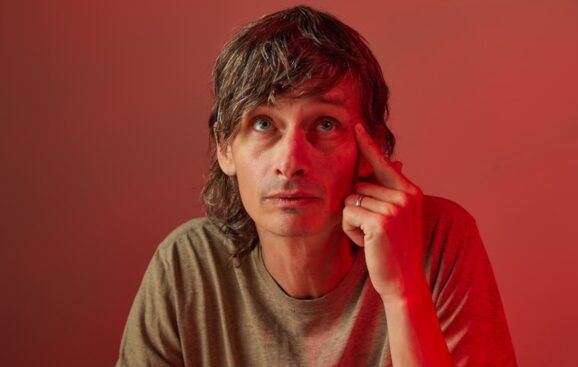
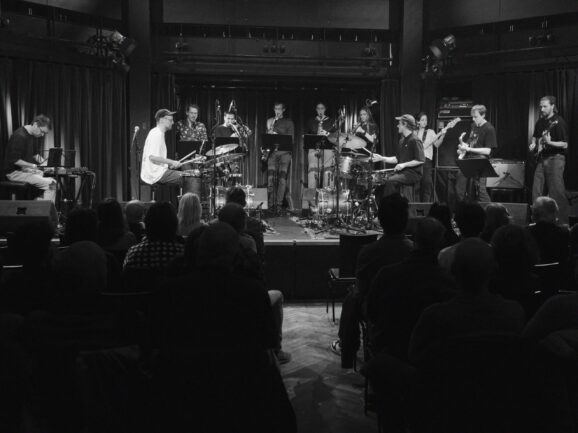
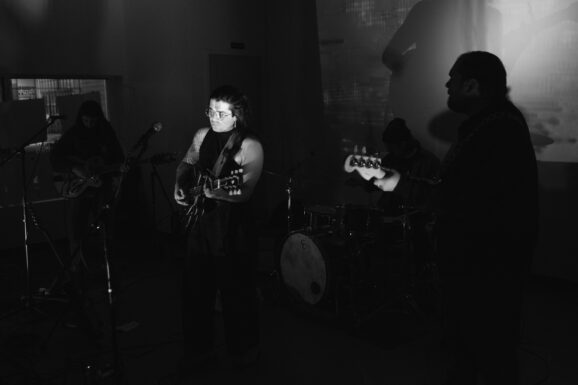

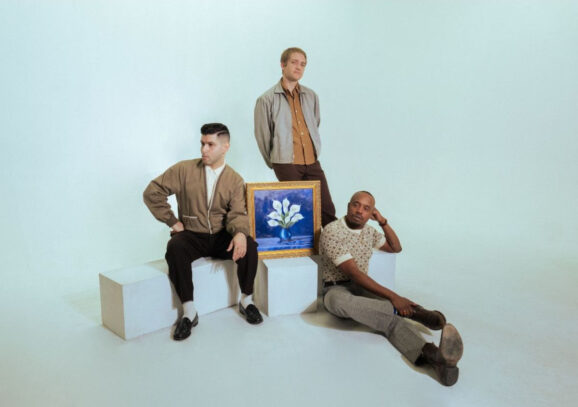
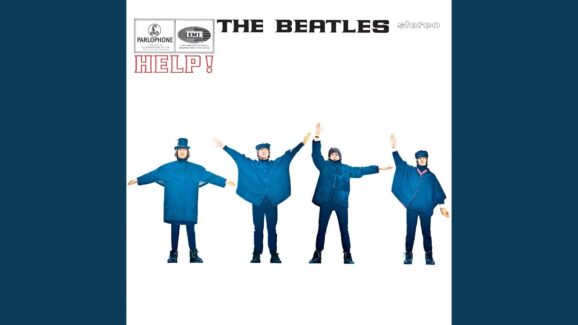
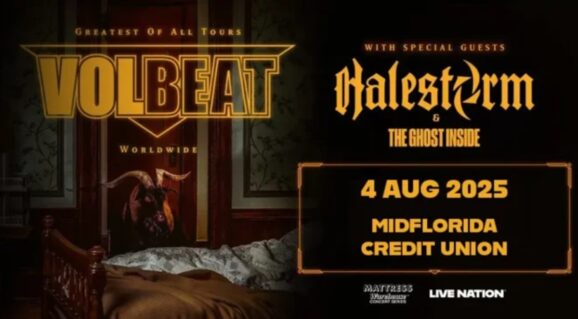
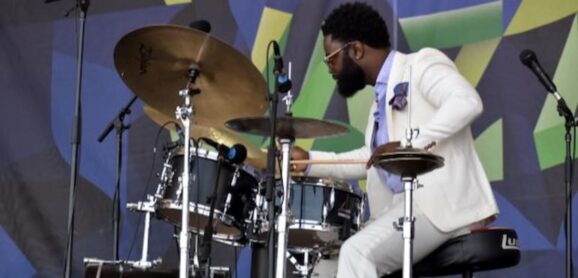
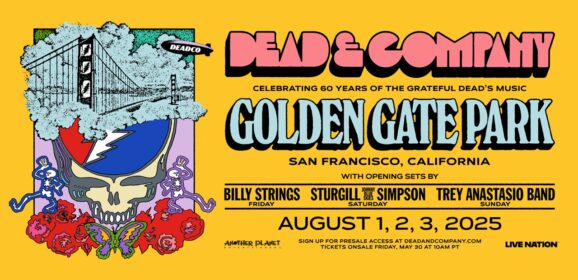
One Response
Awesome!! Love the story behind the songs. I’m Ojibwa and I feel the music. Great journey you’re on, Adrian. Keep it up!!!